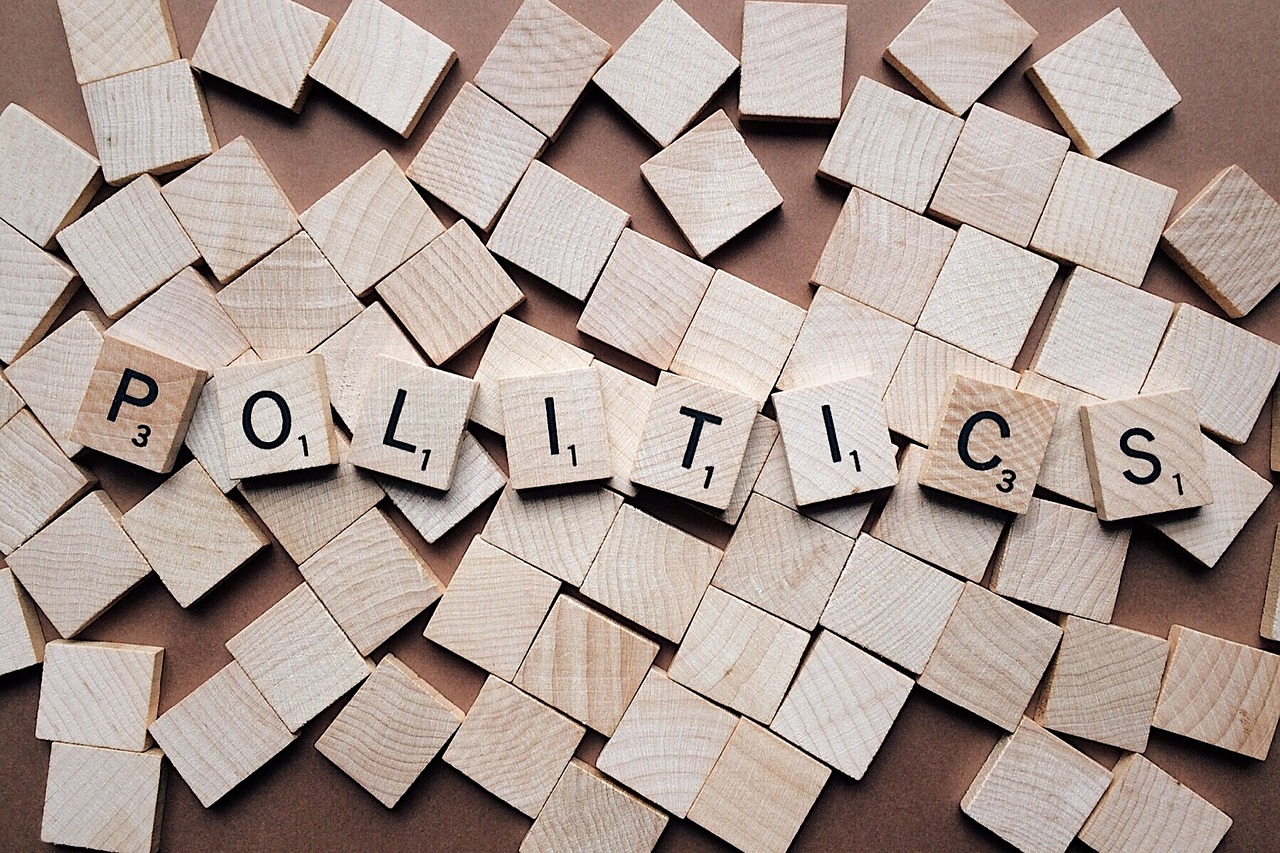A political party can register a trademark just as any other legal person in the US can. (A “legal person” is an entity that exists only due to a law classifying it a s a “person.” Human beings are not “legal” persons … They are actual persons. Mostly.)
Branding and brand protection are key concerns for a political party.
Trademark registration is specifically possible because a political party (and other non-profit or not-for-profit entities) is just as capable of engaging in “use in commerce” as are for-profit enterprises.
What does that mean? And what are the other trademark registration eligibility criteria that a political party must meet in order to protect its brand?
As November 2022 election results pour in, this Article will discuss these questions and others.
Political Party Trademark Registration Eligibility Criteria
What are the trademark registration eligibility requirements for a political party?
The same as for anyone else. Specifically, however, a trademark must be in use in interstate commerce and be sufficiently unique to identify the political party owner of the name, slogan, or logo as the source of the services or products transacted.
But let’s dig into that.
Political Party Use In Commerce
The US Patent and Trademark Office (USPTO) is the Federal agency that registers and maintains the registry of Federal trademarks in the United States.
Because the USPTO is a Federal office, it only has jurisdiction to confer the benefits of trademark registration where the name, slogan, or logo is used in interstate commerce.
This is because, under the US Constitution, the Federal government only has jurisdiction over commerce when it runs between the states.
That is, when the transaction crosses a state line. Otherwise, a transaction that only occurs within Michigan or another state is intrastate commerce. Michigan state law will govern that transaction, in that case.
When does a political party or anyone else have proper “use in commerce?”
A political party uses a trademark in commerce when its goods or services are sold across the Michigan or another state line. The transactions must also be bona fide. That is, with a real consumer and not the brother-in-law of the party’s chairman.
Use In Commerce: Vital for Brand Protection and Enforcement
The Use in Commerce requirement is even a more specific consideration than that, however.
It is, in fact, a vital consideration for brand enforcement going forward from a successful trademark registration. This is so because, under US “common law” (judge-made rather than statutory law), the right to the exclusive use of a trademark belongs to the person (whether a political party or a human entrepreneur) who has been using the mark in commerce longest. Regardless of whether a trademark registration application has been filed or not.
Thus, in trademark infringement litigation, the question will often be the question of who has used a trademark longer: the political party or some infringer?
It should be nailed down properly in the original trademark application, this being the case.
Trademarks Are Registered for Specific Goods or Services
Anybody registering a trademark must specify what goods or services the name, logo, or slogan is used to identify in commerce.
This is because the ultimate purpose of trademark registration in US law is consumer protection. The points of trademark registration, from the standpoint of the USPTO, is to ensure that consumers know what they are buying and from whom they are buying it.
If you buy a can of Coca Cola at a 7-11 convenience store in Livonia, Michigan, you want to know that you are buying a product manufactured and sold by the Coca Cola Bottling Company of Atlanta, Georgia and not some guy in his garage in Dearborn. Right?
The “®” registered trademark symbol on the Coke can, next to the stylized Coca Cola script (a registered trademark) offers you this guarantee.
If consumers will not be confused by similar registrations because the goods and services are completely different, duplicate or similar business or other names can be registered, in fact.
If one name registration is for a political party and the other is for a butcher shop in Ann Arbor, Michigan, consumers will not be likely confused. Barring any other issue, both may succeed in trademark registration.
That all said, what exactly are the goods or services offered by a political party?
What Goods or Services Does a Political Party Offer?
What goods or services does a political party even offer, you ask?
Sunday morning television commercials lately, for sure. Spam text messages? Robo-calls that interrupt your family dinner? Endless pleas for cash donations to forestall the impending apocalypse?
All correct. But let’s back out.
All goods and services that can be conveyed in interstate commerce have been sorted into 45 different International Classes (“ICs”). These ICs are identical throughout a number of different countries’ trademark registration systems.
As with a rock band or musician, the services or products offered by a political party may fall into a number of different International Classes.
The “service” of promoting the interests of a political party is an obvious selection.
Additionally, the provision of information regarding political issues via a website or a podcast may fall into one Class. The sale of stickers, signs, brochures, books, and pamphlets would fall into another IC. As would the sale of t-shirts, hats, neckties, and other wearing apparel.
This is similar to a rock band, in fact. A rock band may have registered trademarks in multiple classes. These can cover musical performance services to t-shirt/wearing apparel merchandise and even stickers, posters, and other paper goods.
A political party will generate a lot of … stuff. Unless it’s a local, state-specific organization, it will be distributed in interstate commerce—and thus supportive of a Federal trademark registration.
Names and Images: Political Parties and Design Marks
A political party may actually be more likely to register a logo or other graphical “source identifier” as a trademark. The Democratic Party, for example, does not have a live “word mark” registration for its name. It does, however, own multiple “design mark” trademark registrations for logos or symbols used in commerce.
Such “design mark” registration will protect the political party from infringement of its logos.
Symbiology is very important for a political party. A donation to the Republican or Democratic Party will often be guided by the donkey or elephant attached to the contribution website, for example.
Where the name of a political party is very well-known, it may still be necessary for a new logo or slogan adopted to be registered as a trademark, separately.
We have all seen the design branding change from election to election cycle, after all.
Political Party Descriptiveness and Confusion Issues
A political party may also encounter the same trademark registration pitfalls that any other business may.
In particular, a political party must also consider whether the mark is distinctive enough to identify it as the source of its services or products.
That is, a trademark cannot be generic. It cannot merely describe the services or goods for which it is registered. Thus, a political party could not register the term POLITICAL PARTY as a trademark. The Green Party, for example, is a non-descriptive political party name. It suggests a political party with an environmental focus, but it does not merely describe its services or products.
Another person also cannot have already registered the same or a similar trademark.
A trademark application that is too similar to a prior registered trademark will be refused as likely to confuse.
Trademark Registration for a Political Party: The Bottom Line
The bottom line is that there are only so many political parties in the United States. They will only need to file so many trademark registration applications.
This may change, at some point, if ranked choice voting ever takes off or if the US ever adopts a parliamentary rather than two-party legislative system. However, for now, this is a somewhat academic exploration.
Nevertheless, the question of a political party’s ability to register a trademark in the US is worth posing because it applies, ultimately, to any non-profit or not-for-profit endeavor. Charitable organizations, bloggers, YouTube influencers, and others all potentially fall under the same umbrella.
Anyone operating under a trade name or in association with a logo or slogan in interstate commerce should consider protecting valuable brands with US trademark registration.
Noble Path Trademark Law is a boutique US law practice located in Metro Detroit and assisting entrepreneurs, solopreneurs, artists, musicians, start-ups, and larger enterprises with robust intellectual property portfolios in all industries and in all states with trademark registration, trademark renewal, and Office Action refusal response matters.
We offer virtual consultations, premium customer service, and the expertise you need to maximize your odds of trademark registration, Letter of Protest, or Opposition success.






